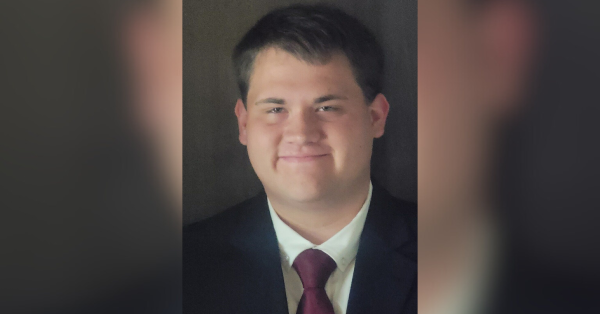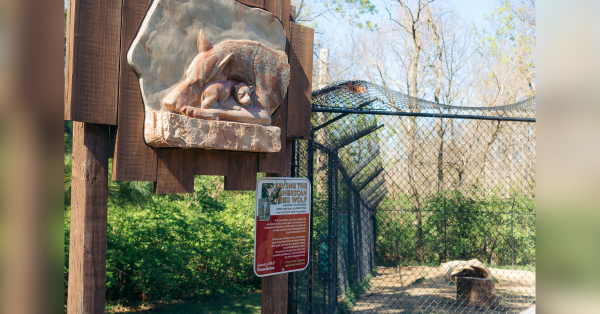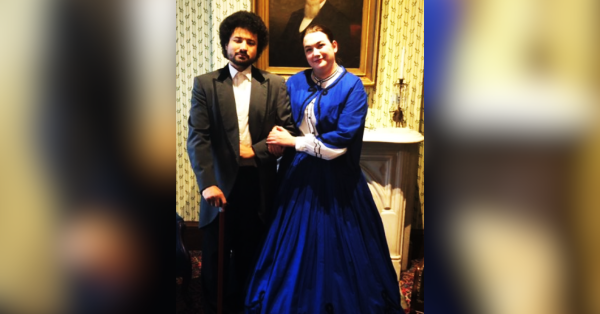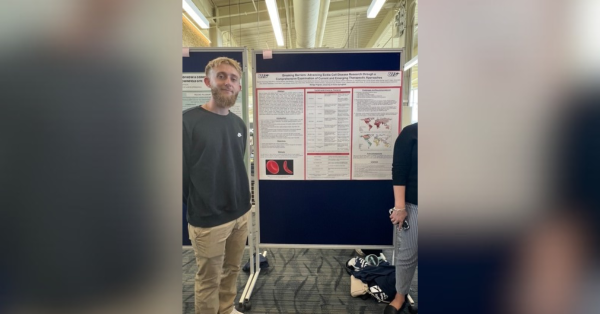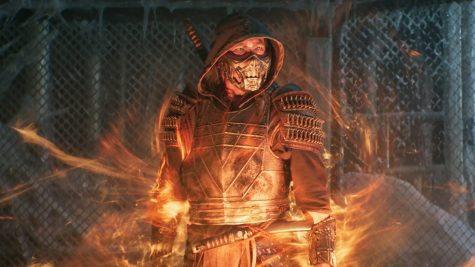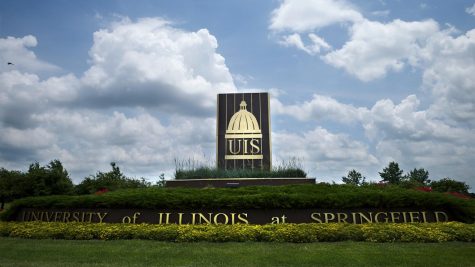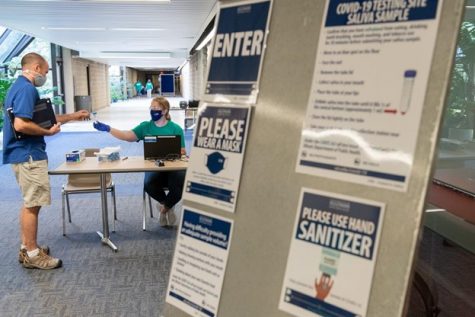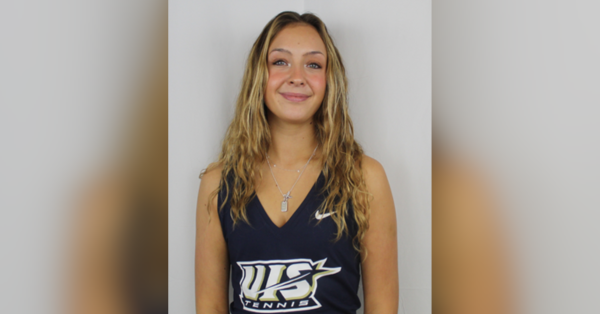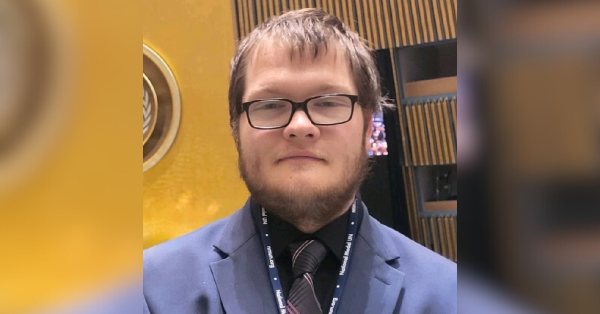Mock Trial Progress and Prosperity
The previous weekend marked the final tournament of mock trials for the regional tournament that spanned from Feb. 5 through 7. Mock trial is, at its very core, the meeting point between acting and criminal justice. It is the opportunity to learn through firsthand experience about law by playing the roles in a courtroom and receiving feedback on how well those roles were played.
The roles of mock trial fall into two categories: witnesses and attorneys. A witness role can be many different things, from character witnesses to expert witnesses, all allowing students to play with different traits and voices. They use the information known about their character and do their best to act as though they were truly that person. Character witnesses are allowed the most freedom, and this gives the individual a chance to develop a personality that can impress judges and help them stand out. The next role of importance is the attorneys, falling into the two categories of plaintiff and defense attorneys. They both must know the rules of evidence, being the guiding rules that bring order to the courtroom. This includes a lengthy list of objections that can be called against, or on behalf of, said rules. The attorneys represent their witnesses and ask them questions to guide their testimony, helping to make their witness credible. The most notable difference between plaintiff and defense attorneys is the burden of proof that the plaintiff carries. They must prove to the judge that their case is correct to a certain extent beyond reasonable doubt, depending on the charges.
The regional tournament itself went fairly well, as both A team and B team put months’ worth of effort to use. Over the season, awards were won and progress was shown by the many members of the team. One particularly distinguished team member was senior Joseph Partain, Mock Trial Club president, who commented on the progress of the team: “It was a tough year with COVID, but our team pulled together and we came out just as strong, if not stronger, than we were last year…and that’s an achievement of its own.” Unfortunately, this being Partain’s last tournament, he will not be returning to mock trial. His efforts and achievements will lay as part of the foundation. Both the A and B teams won awards during the regional tournament, with the ultimate goal of having at least one of the teams make it to Opening Round Championship Series (ORCs) still ahead. According to the American Mock Trial Association, ORCs is the second round of the AMTA’s national tournament structure, in which the top six teams from the Regionals tournaments get to compete against each other in April. It is at that point that the power of a team is truly tested, and their ability to succeed depends on growth and collaboration.
The journey toward making it to ORCs will take more than hard work – it will take a solid group of individuals willing to work together to help each person become the very best version of themselves. Mock Trial Club has been described as a sort of family meant to encourage self-expression and also a great deal of fun. For more information, reach out to Rex Gradeless at [email protected].




